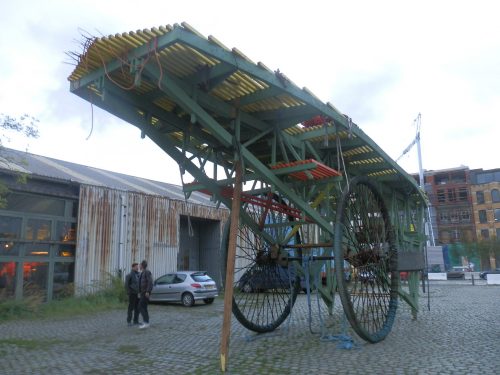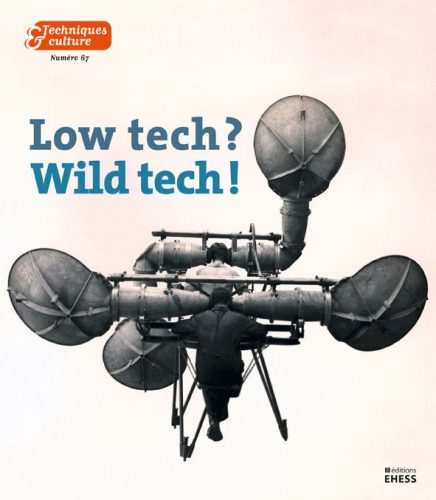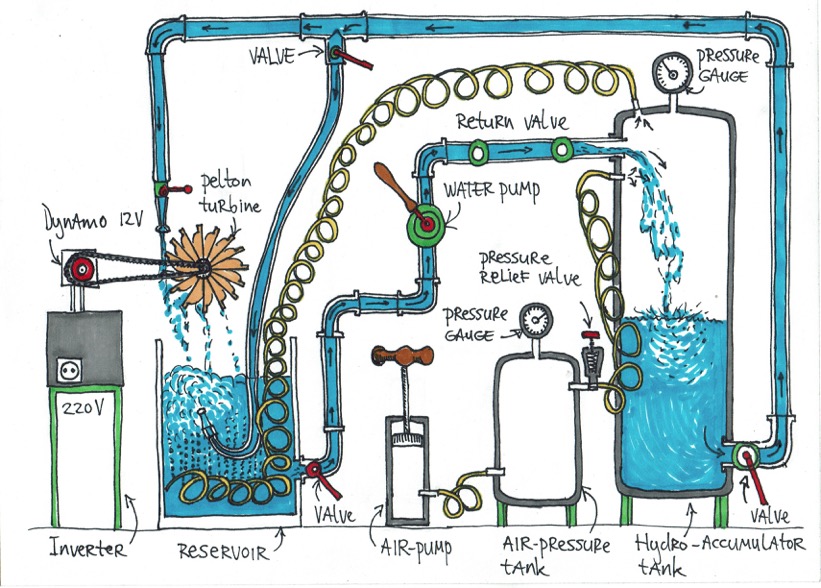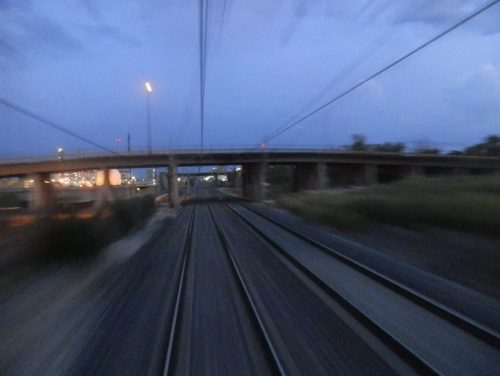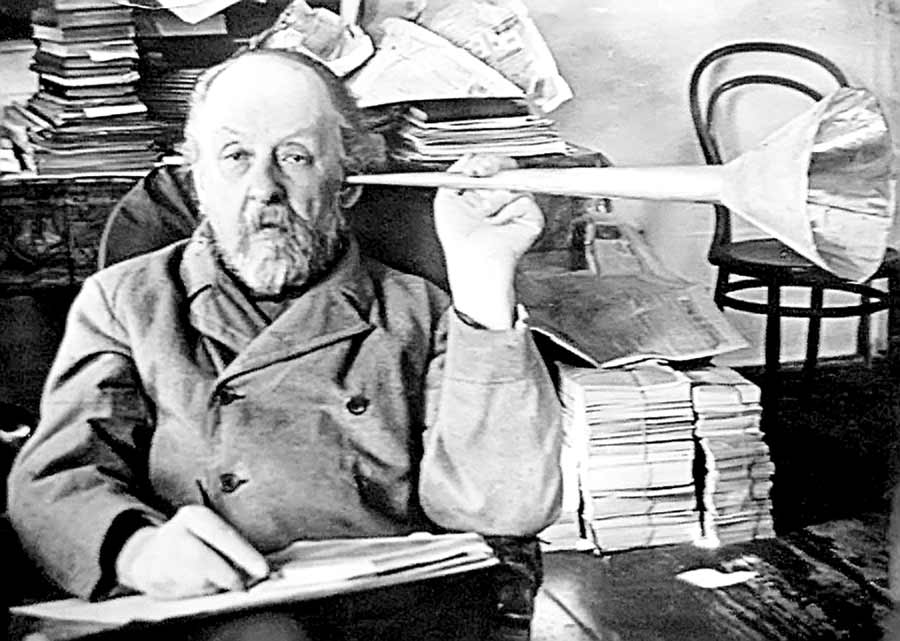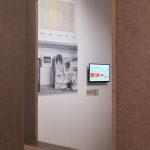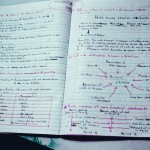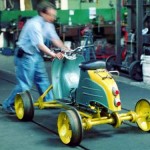Belgian art collective Time Circus built their first prototype of a giant Land Ship that will travel through Europe. Like a modern-day galley, the land ship will be propelled by the muscle power of the participating travelers. The journey is understood as a 21st century pilgrimage and will take an estimated 10 years. [Read more…]
Low tech? Wild tech!
The French scientific magazine Techniques et Culture has published an entire volume about alternative forms of technology: “Low-tech? Wild tech!“. The 300-page issue explores the differences and conflicts between high-tech and low-tech, with a focus on all the forms of technology which are in between these extremes.
The authors argue for a more sophisticated view of technological evolution, which is now usually seen as linear progress towards ever increasing complexity and perfection. The contributions show that reality is much more complicated, and much more interesting.
The issue is the fruit of a three-day discussion in Paris in 2012, in which I participated. The volume features a translated article from Low-tech Magazine: “How to build a low-tech Internet?”. “Low tech? Wild tech!” will be presented and discussed in Paris on December 9, 2017.
No Tech Reader #14
- The Switch to Outdoor LED Lighting Has Completely Backfired. [Gizmodo]
- Too right it’s Black Friday: our relentless consumption is trashing the planet. [Monbiot]
- Automated checkouts ‘miserable’ for elderly shoppers. [BBC]
- Do Civilizations Collapse? [Aeon]
- ‘Our minds can be hijacked’: the tech insiders who fear a smartphone dystopia. [Guardian]
Prototype of a Hydro-Pneumatic Human Power Plant
The Human Power Plant is a working prototype of a muscular power generator, manned by a group of people. It is an all-round off-the-grid solution, which can supply energy in the form of electricity, water under pressure, and compressed air. It is built from simple and durable parts.
These days, we have automated and motorised even the smallest physical efforts. At the same time, we go to the gym to keep in shape, generating energy that’s wasted. The Human Power Plant restores the connection between physical exercise and energy use.
See and read more: The Hydro-Pneumatic Human Power Plant: How it Works. Drawing: Melle Smets.
Restore the Night Trains in Europe
The French passenger association “Oui au train de nuit” (“Night trains yes!”) has compiled a report about European night trains: “Put the night trains back on track“. During the last five years, most of Europe’s night trains have disappeared, although they are popular with travelers and the only alternative to the airplane.
* The report was brought to our attention by Back on Track, a European coalition that supports cross-border rail and brings the latest news about international passenger travel in Europe. * Previously: High speed trains are killing the European railway network. * Picture taken from the back window of the night train Madrid – PortBou in 2013.
Non-Electric Hearing Aids Outperform Modern Devices
Most people with hearing problems are not using hearing aids, mainly because the electronic devices often do not provide enough benefit. Research shows that non-electric hearing aids from earlier centuries are performing significantly better.
